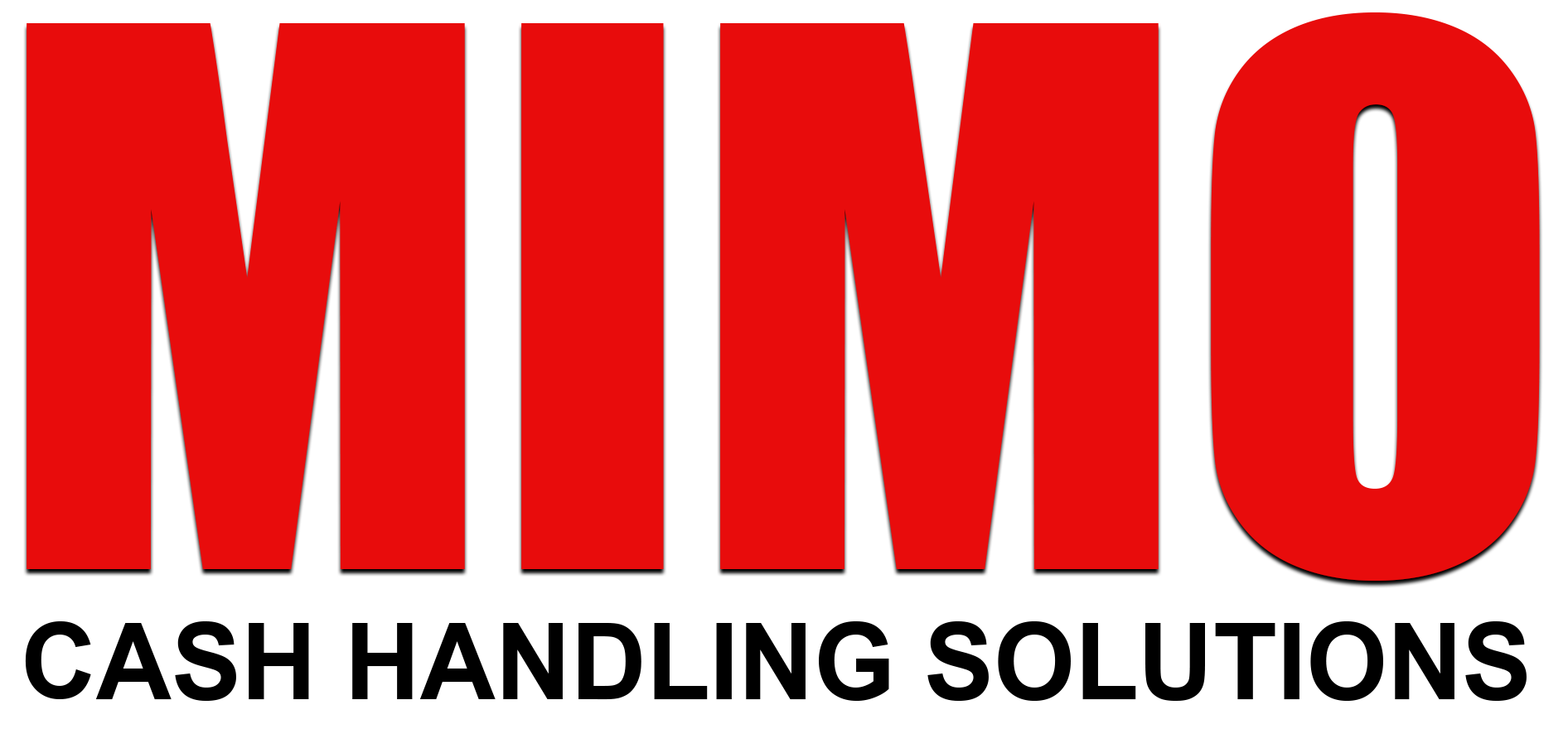With over $1 trillion in circulation globally, cash is widely trusted as a valued currency. However, the cost of cash-handling can range on average from as low as 4.7 percent to over 15 percent depending on the retail segment.
With a cash recycler, retailers actually have access to the cash on-premise after it has been validated and credited, which they can use to make “withdrawals” for additional tills and change. This is where the system gets its mane – because it actually “recycles” notes and coin.
MIMO collects, stores, and analyzes extremely valuable data around cash inventory.
Retailers can use this data to help identify and forecast trends, and in the process increase their operational efficiencies. Consider the spikes in cash usage and dynamic needs for businesses surrounding a big event – everything from areas hosting large sporting events, to a large impending snow storm. Once cash handling is automated to a certain degree, retailers can build algorithms to capture and analyze data on cash flow, and predictive analytics can help dictate the optimal cash inventory.
Currently, cash recycler solutions are in thousands of retail locations, and widespread adoption is predicted to continue. While the early iterations of cash recycler systems were developed for the larger retail chains, cash recyclers are starting to see adoption among some of the smaller retailers as well.
In an industry such as retail, where revenues are difficult to accurately predict and where costs are anticipated to rise, it is vital for the banking, security and suppliers to continue to introduce cash handling innovations that reimagine solutions and optimize the working capital.
Consider the amount of cash that exists at any one moment in all big-box retailers, grocery, and large department store chains and the incredible and easily-quantifiable potential around automating cash handling becomes clear.
Typically, a retailer’s biggest controllable expense is labor, and cash handling is one of the most labor-intensive tasks in retail. Lowering the payroll – one of the most direct and immediate measures a retailer can take when costs must be reduced – can often produce quick results but may impair the ability for longer-term growth and profitability.
At the same time, for retailers with physical store locations, a significant element of their competitive advantage over online counterparts is their ability to offer human connection, an advantage that will be compromised by understaffed stores.
The cash-recycler technology isn’t a straight substitution for human labor, rather it’s a compliment to it. Resources that formerly handled cash can be redeployed to service clients and increase sales. The automation in cash handling allows for the reduction of labor costs and/or the redeployment of the retailers resource of trustworthily and competent employees.



